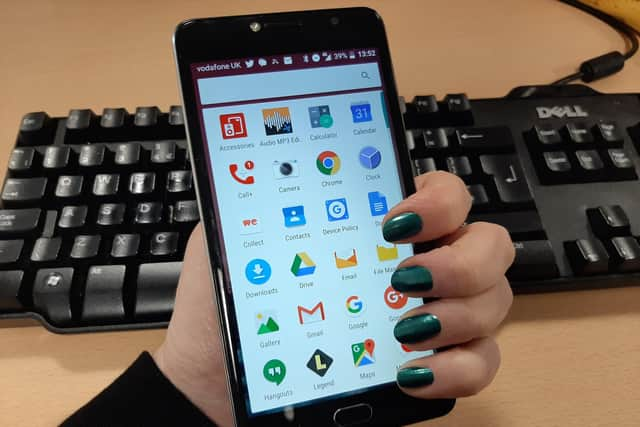Patients have had a mixed reaction to phone and video appointments with Sheffield GPs during Covid-19 pandemic
and live on Freeview channel 276
Dr Zak McMurray, medical director of the Clinical Commissioning Group, said the speed of the pandemic took doctors by surprise. They saw a 30 per cent increase in activity at surgeries, whilst having to rapidly set up remote consultations.
He told a scrutiny meeting: “It was very clear from the outset that we had to limit our face to face contacts as clearly a general practice setting could pass on infection quite rapidly.
Advertisement
Hide AdAdvertisement
Hide Ad“Many practices were already using telephone triage or consultations and very rapidly moved to video. The infrastructure to get the technology was quite difficult but we coped pretty well.


“I think that’s something that will continue into the future, we’re getting high levels of patient satisfaction with telephone contact and video consultations.
“It can be much more efficient from the patient’s perspective, it probably takes a similar time for the GP, but gives them the opportunity to have clinical photographs that can be added straight into the records.
“Practices are evolving quite rapidly into using technology much more and I think Covid accelerated that.”
Advertisement
Hide AdAdvertisement
Hide AdLucy Davies, of Healthwatch Sheffield, said for some people digital and phone consultations were a positive thing but she had concerns.
“Inevitably for some groups these changes have not worked so well, such as people who don’t have any credit on their phone.
“We had a lot of deaf patients talking about barriers to phone triage and people who have English as a second language say it’s quite hard conveying their situation on the phone. More delving needs to be done as we look to move to more permanent changes.”
Dr McMurray said face to face consultations were available but some practices didn’t stress that.
Advertisement
Hide AdAdvertisement
Hide Ad“I’ve had telephone consultations where it’s been clear that it’s not going to work and if you’ve got to examine patients you have to see them face to face.”